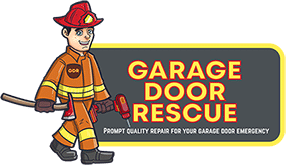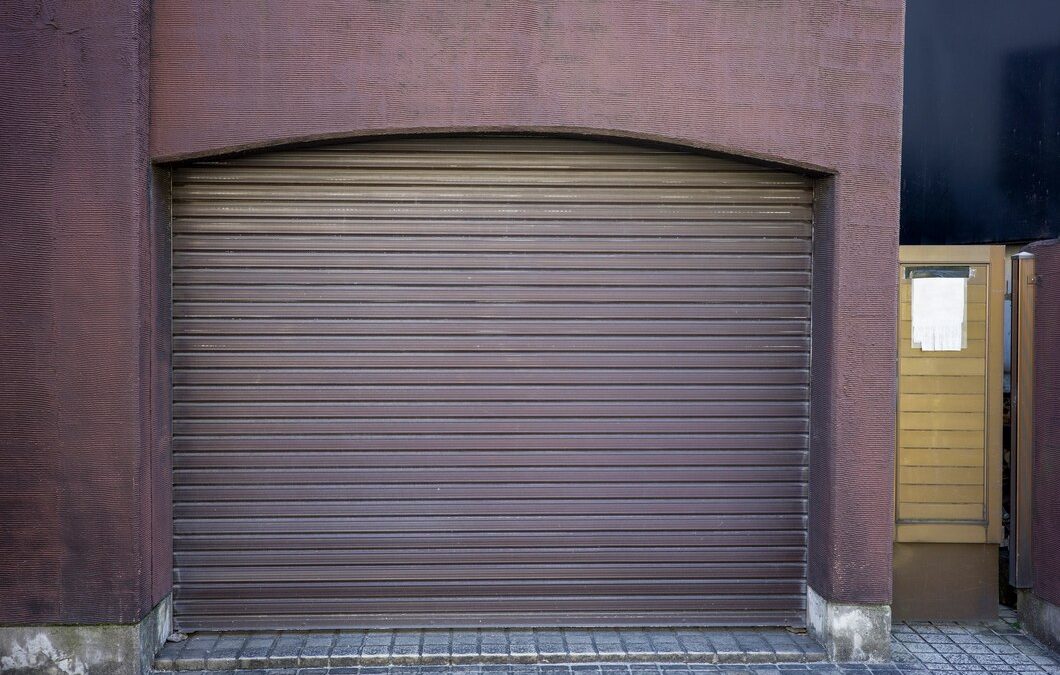Hearing strange sounds from your garage door can be unsettling and often signals an underlying problem that needs attention. Whether it’s squeaking, grinding, or banging, these noises are your garage door’s way of telling you something is wrong. Ignoring these sounds can lead to more severe issues down the line, potentially compromising the safety and functionality of your garage door.
Different noises can stem from a variety of sources. Loose hardware, worn-out rollers, or issues with springs and cables are just some of the common culprits. Recognizing these sounds and understanding their causes is vital for addressing the problem effectively. By taking immediate action, you can prevent minor inconveniences from becoming costly repairs.
Diagnosing and fixing these noise issues might seem daunting, but many can be resolved with simple DIY solutions. However, some noises indicate serious problems that require professional help. Knowing when to take a hands-on approach and when to call an expert can save you time, money, and ensure your garage door operates smoothly.
Common Reasons for Strange Garage Door Noises
Several common issues can cause your garage door to make strange noises. Understanding these reasons can help you address the problem promptly.
Loose hardware and components: Over time, the various screws, bolts, and nuts that hold your garage door together can become loose. When this happens, parts of the door or track system may shift or move, creating rattling or banging sounds. Regularly checking and tightening these components can prevent unnecessary noise and ensure smooth operation.
Worn out rollers and bearings: Rollers and bearings facilitate the smooth movement of the garage door along its tracks. When they wear out or become damaged, you might hear squeaking, grinding, or scraping noises as the door operates. Inspect the rollers for signs of wear, such as flattened edges or visible damage. Replacing worn-out rollers and bearings can eliminate these noises and improve the door’s performance.
Tension issues with springs and cables: Springs and cables play a crucial role in balancing the weight of the garage door. If they are improperly tensioned or begin to wear out, you might hear creaking, popping, or other unusual sounds. These components require regular maintenance to ensure they function correctly. Faulty springs and cables can be dangerous, so addressing these issues promptly is important.
How to Diagnose the Source of Noises
Diagnosing the specific source of garage door noises helps determine the appropriate corrective action. Follow these steps to identify and isolate the problem.
Identifying different types of sounds: Pay attention to the specific noise your garage door is making. Squeaking sounds often indicate a need for lubrication, while grinding or scraping noises suggest worn-out rollers or bearings. Banging or popping sounds may point to loose hardware or tension issues with springs and cables. Understanding these differences can guide your diagnostic process.
Performing a visual inspection: Start by visually inspecting the entire garage door system. Look for loose screws, bolts, or other components that may be causing noise. Check the rollers, bearings, springs, and cables for visible signs of wear or damage. A thorough inspection can reveal immediate issues that you can address.
Isolating the noise by section of the garage door: To pinpoint the exact source of the noise, isolate it by section. Open and close the door while listening for the noise. Move from one section to another, checking components in the vicinity of the sound. This method helps focus your efforts on the specific area causing the problem, making it easier to implement the appropriate fix.
By identifying the common reasons for strange garage door noises and diagnosing their sources accurately, you can take effective steps to correct these issues and ensure your garage door operates smoothly and quietly.
DIY Solutions for Minor Noise Issues
Taking care of minor garage door noise issues yourself can save time and money. Here are some simple DIY solutions to common problems.
Tightening loose hardware: Loose screws, bolts, and nuts are frequent culprits behind noisy garage doors. Use a socket wrench or a screwdriver to tighten any loose components you find during your visual inspection. Pay close attention to the hinges, brackets, and tracks, ensuring all parts are securely fastened. Tightening these elements can eliminate rattling and banging noises and improve the overall stability of your garage door system.
Lubricating moving parts: Squeaking and grinding noises often indicate that moving parts need lubrication. Use a high-quality garage door lubricant to grease the rollers, hinges, springs, and tracks. Apply the lubricant sparingly and wipe off any excess to prevent dirt and dust buildup. Regular lubrication reduces friction and wear, keeping your garage door operating smoothly and quietly.
Adjusting the opener settings: Sometimes, the source of noise is the garage door opener itself. Consult your opener’s manual to learn how to adjust the settings, such as the force and travel limits. Fine-tuning these settings can reduce strain on the opener and eliminate noises caused by improper adjustments. If your opener continues to make noise after adjustments, it might be time to consider a replacement.
When to Seek Professional Help
While many garage door noise issues can be resolved with simple DIY methods, some situations require professional intervention. Knowing when to call for expert help is crucial for your safety and the longevity of your garage door.
Signs that indicate serious issues: If you notice broken springs, significant gaps in cables, or severe damage to the rollers, it’s time to call a professional. These issues often require specialized tools and expertise to repair safely. Attempting to fix them yourself can lead to injury or further damage to the door.
Risks of ignoring persistent noises: Ignoring strange sounds can result in more serious problems over time. What starts as a minor noise can evolve into a major issue, possibly leading to complete door failure. This can put you at risk of injury and result in costly emergency repairs. Addressing these noises promptly can prevent these risks and maintain the safety and functionality of your garage door.
Benefits of professional diagnostics and repairs: Professionals have the training and experience to diagnose and repair garage door issues accurately. They can quickly identify the root cause of the noise and perform the necessary repairs to restore smooth operation. Using professional services ensures that the job is done correctly and safely, giving you peace of mind and extending the life of your garage door system.
Conclusion
Strange noises coming from your garage door are more than just an annoyance; they are often signals of underlying issues that need attention. By recognizing common reasons for these noises and employing effective diagnostic methods, you can address minor problems through DIY solutions. However, recognizing the signs that require professional help is crucial for safety and long-term functionality.
Ensuring your garage door operates smoothly involves regular maintenance, timely repairs, and, when necessary, professional intervention. Don’t let strange sounds disrupt your peace of mind or compromise your safety. For reliable and expert garage door repair services, contact Garage Door Rescue LLC. Our dedicated team is ready to help you with all your garage door needs. Schedule your service with Garage Door Rescue LLC today!

